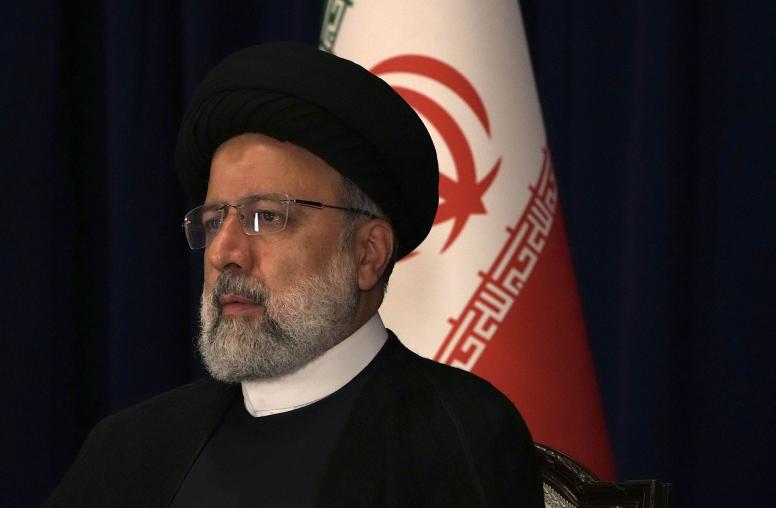Iran’s Long Reach: Iran as a Pivotal State in the Muslim World
Book discussion co-sponsored with the Woodrow Wilson International Center for Scholars
Speakers
- Suzanne Maloney
Senior Fellow at the Brookings Institution, Saban Center for Middle East Policy - David Ignatius
Washington Post Columnist, Associate Editor and Novelist - Daniel Brumberg
Acting Director of USIP’s Muslim World Initiative and
Co-Director, Georgetown University’s Democracy and Governance Program - Haleh Esfandiari, Chair
Director of the Middle East Program at the Woodrow Wilson Center



